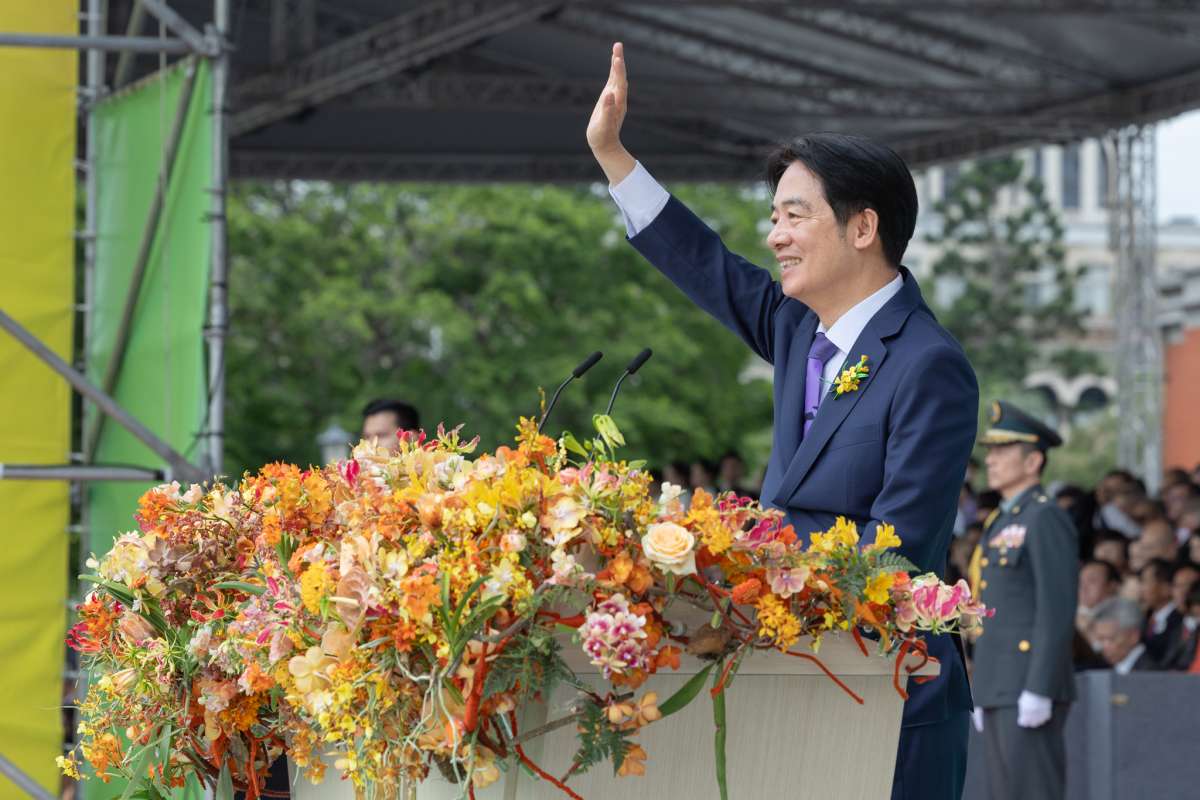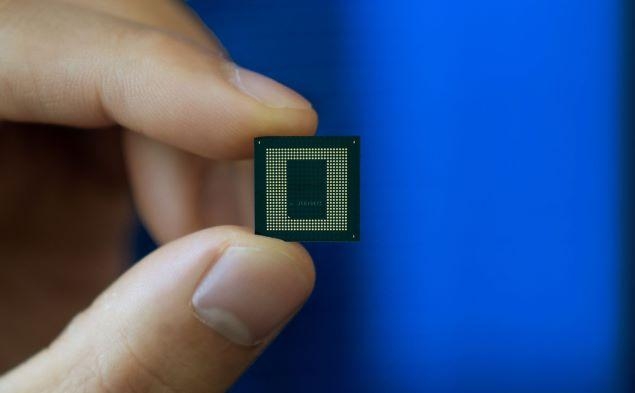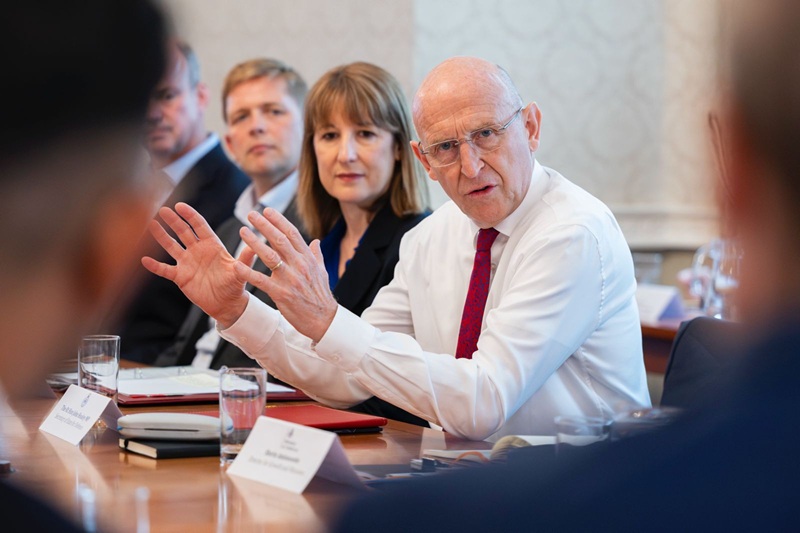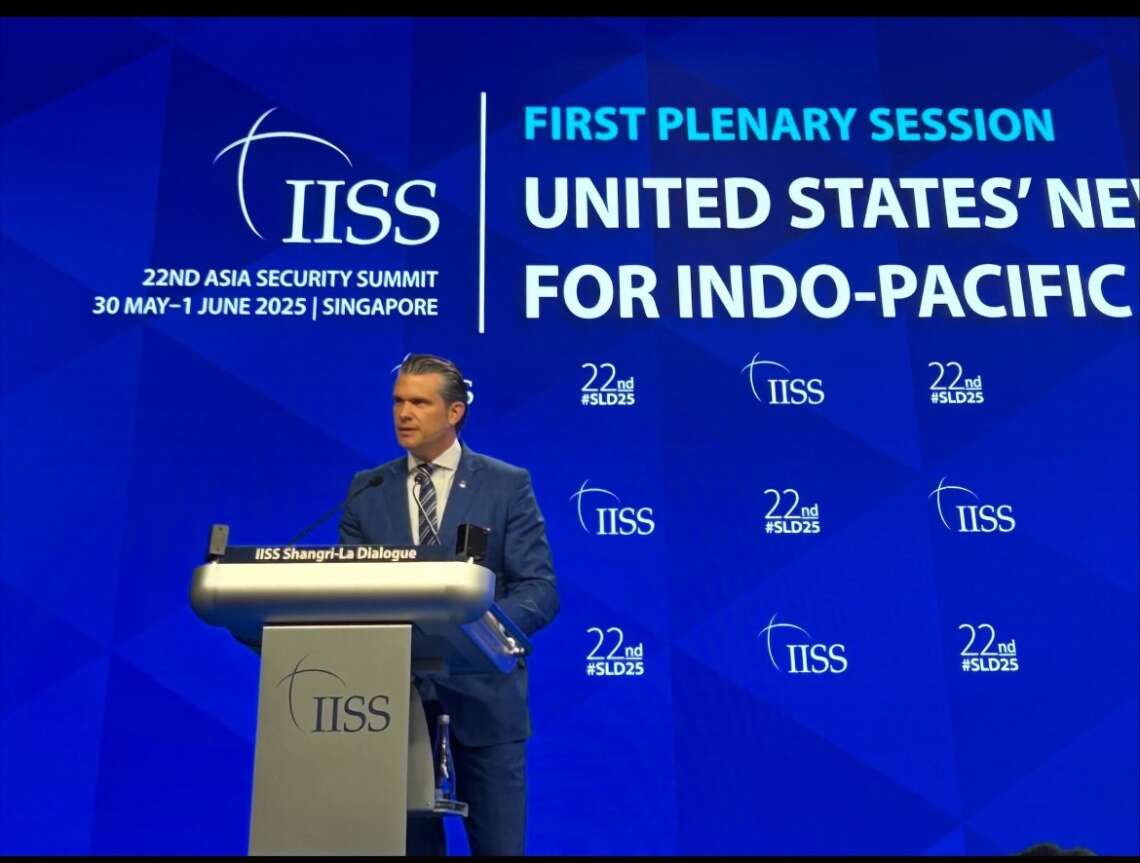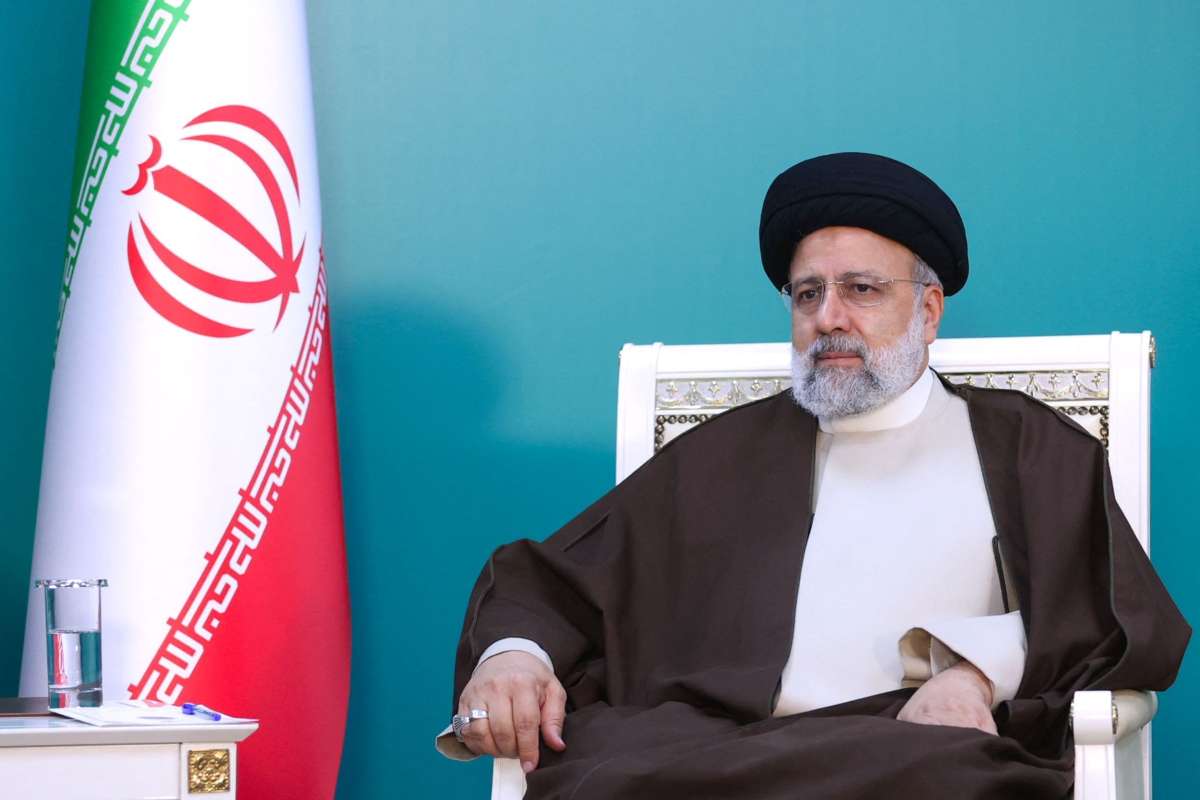Lai has reiterated since his January victory that his administration will continue to strengthen the foundations laid by Tsa…reports Asian Lite News
Lai Ching-te of Taiwan’s ruling Democratic Progressive Party (DPP) was sworn in and took office as the self-governing island’s President on Monday.
According to Taiwan’s Foreign Ministry, more than 500 foreign guests from 51 delegations attended the inauguration ceremony and related activities, including the national leaders of eight countries that maintain diplomatic relations with Taiwan.
Lai, 64, the son of a coal miner and a trained physician, succeeds Tsai Ing-wen, 67, to lead the democracy amid increasing threats from China, which claims the self-governing island of over 23 million people as its territory. Taiwan has had an independent government since 1949.
Tsai could not run again after completing the maximum two terms. Her eight years in office aimed at maintaining the status quo between Taiwan and China and augmenting Taiwan’s international visibility amid a complex geopolitical situation.
Vice President Hsiao Bi-khim, 52, was also officially sworn in. She was Taiwan’s de facto ambassador to the US from 2020 to 2023 and formerly served as a DPP lawmaker for several terms.
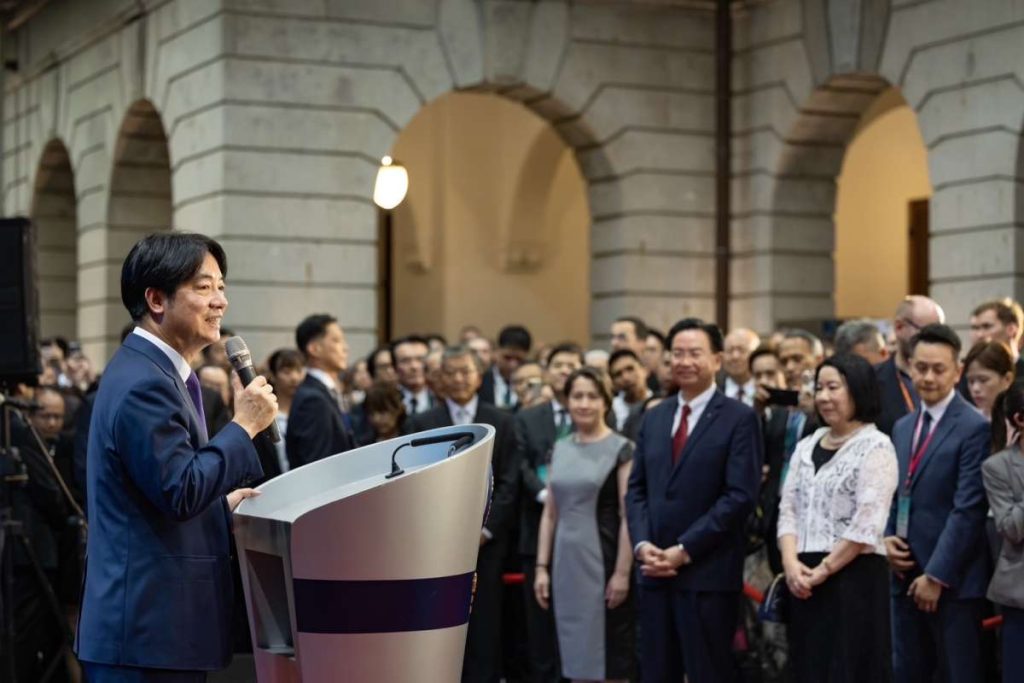
The Chinese Communist Party considers the DPP to be a separatist organisation and has threatened to invade Taiwan if the party makes any formal moves towards independence. The DPP says Taiwan already functions as an independent state and needs to make any formal declaration.
Given the threats from China, Tsai’s administration adopted strategies to strengthen Taiwan’s defensive military capabilities and to cooperate with like-minded countries to form a collective deterrence in the region.
Lai has reiterated since his January victory that his administration will continue to strengthen the foundations laid by Tsai to not only safeguard the status quo but also let Taiwan to keep playing an indispensable role in the global economy and towards maintaining geopolitical stability.
The US maintains a certain amount of strategic ambiguity when it comes to Taiwan, officially recognising only the Beijing government, but it is legally bound to support Taiwan’s defence capabilities through the 1979 Taiwan Relations Act.
ALSO READ: Taiwan refutes China’s allegations about dollar diplomacy with Guatemala


